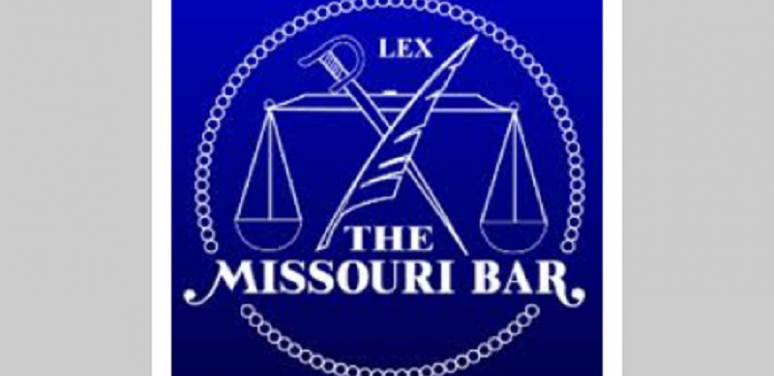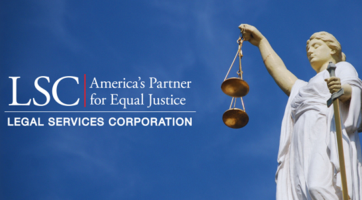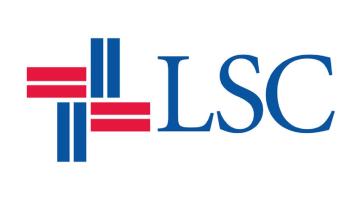Table of Contents
Bankruptcy - The Missouri Bar

What is bankruptcy?
In bankruptcy, a person or business may restructure debt payments or discharge debts. There are four major forms of bankruptcy, two that are limited to individuals (or married couples) and two that are primarily for businesses.
For individuals, the two basic types of bankruptcy are Chapter 7 and Chapter 13. In Chapter 7, which is called “liquidation,” a debtor’s nonexempt property will be sold and his or her debts are discharged. In Chapter 13, which is called “debt adjustment,” a person’s debts can be paid off, in whole or in part, under a plan proposed by the debtor and approved by the court.
Chapter 11 bankruptcy is a payment plan or liquidation process for businesses and some individuals, and Chapter 12 bankruptcy is a payment plan for family farmers. A filing fee is required for all bankruptcy cases; the amount of the fee varies depending on the type of case filed. Filing fees may be waived for persons below 150 percent of the official poverty line, or they may be paid in installments.
As soon as a debtor files bankruptcy, creditors (except those owed domestic support obligations and certain others) must stop trying to collect the money owed to them and must look to the bankruptcy trustee for payment (if any). A person is allowed to keep some property (called “exempt property”) even though he or she files bankruptcy. In Missouri, the major exemptions are: $15,000 worth of equity in a house (or $5,000 if a mobile home), $3,000 worth of equity per person in a car, $3,000 worth of equity per person in household goods and furnishings, the cash value in life insurance policies up to $150,000 per person, certain pension and retirement benefits, and $3,000 of value in tools of the trade.
Usually, both debtors and creditors want to avoid bankruptcy, so it sometimes is possible for them to work together to avoid bankruptcy through workout arrangements. Workout arrangements are often handled by groups or lawyers providing debt counseling. Bankruptcy will likely have a significant negative impact on your credit. This means you may not be able to get loans in the future. The Fair Credit Reporting Act allows bankruptcies to be reported for 10 years on your credit report. You have certain rights as to what information is included on your credit report.
What is the bankruptcy court system?
The bankruptcy court is a federal court that handles only bankruptcy cases. Bankruptcy cases filed by individuals (other than Chapter 11 cases) are assigned to a trustee, a person independent of the court who will supervise the case. Your lawyer will help you complete the paperwork and give you valuable advice.
What is Chapter 7 bankruptcy?
Chapter 7 bankruptcy is designed to discharge debt. The trustee will collect all of the property that is not exempt and sell it to pay creditors. After this is done, the debtor will no longer owe the creditors any money. Debtors usually are able to keep their houses and cars in Chapter 7, but they must continue to pay the loans on them as if they had not filed bankruptcy. Debtors may also return property and not have to pay any more on the debt. Debtors may also pay what the property is now worth and keep the property.
Sometimes creditors take liens on furniture or household goods to make sure the debtor pays the debt on some other property; the debtor may have these liens removed in bankruptcy.
Some debts will not be discharged in bankruptcy. These include debts involving fraud, debts arising from accidents involving drunken driving, guaranteed student loans, certain taxes, and alimony and child support. Also, a person who has enough income to pay all or most of his debts may not be permitted to file Chapter7 bankruptcy and may be required to file Chapter 13 instead.
What is Chapter 13 bankruptcy?
In Chapter 13 bankruptcy, the debtor proposes a payment plan to the court and his or her creditors. The plan cannot be longer than 60 months. In many cases, the debtor may not have to pay his or her debts in full, but the plan must pay creditors at least as much as the creditors would receive in a Chapter 7 bankruptcy. A Chapter 13 debtor must have reliable, regular income to make a plan successful. Only individuals may file Chapter 13; corporations and partnerships are not eligible.
A person with unsecured debts of more than $336,900 and secured debts of more than $1,010,650 is not  eligible to file Chapter 13 bankruptcy.
eligible to file Chapter 13 bankruptcy.
In a Chapter 13 case, a trustee reviews the debtor’s bankruptcy schedules and payment plan. Then the bankruptcy court must approve the debtor’s payment plan. Creditors as well as the trustee may object to the plan. If the court approves the plan, the trustee collects payments from the debtor and pays the creditors. In Chapter 13, the debtor keeps all of his or her property.
The debtor is not discharged from the debts until the payment plan is finished. More types of debt can be discharged in Chapter 13 than in Chapter 7, but debts for fraud, criminal restitution, debts arising from accidents involving drunken driving, and student loans may not be dis charged in Chapter 13.
What is Chapter 12 bankruptcy?
Chapter 12 bankruptcy is a special chapter for “family farmers” that is intended to enable farmers to keep their farms and continue their farming operations. A “family farmer” is a person or business that receives at least 50% of his or her income from farming. A family farmer may not file Chapter 12 bankruptcy unless at least 80% of his or her debts are related to the farm and the total debts are less than $3,544,525. In Chapter 12 bankruptcy, the debtor proposes a payment plan to the court and the creditors that shows how the debtor will pay the debts over time. The debtor must pay the creditors at least as much as they would receive in a Chapter 7 bankruptcy.
The payment plan must be approved by the bankruptcy court. A trustee reviews the debtor’s schedules and payment plan. Unlike in Chapter 13, the creditors may make only limited objections to the plan in Chapter 12. If the court approves the debtor’s plan, the trustee collects payments from the debtor and pays the creditors; often, however, the debtor makes the payments to the creditors in Chapter 12. The debtor will be discharged from the debts when the plan is finished.
What is Chapter 11 bankruptcy?
Chapter 11 bankruptcy is available to any individual, husband and wife, partnership or corporation. Most Chapter 11 cases are filed by larger businesses. Individuals sometimes file Chapter 11 cases because their debts exceed the debt ceilings for Chapter 13 cases. The debtor is allowed to continue to operate its business while working on a plan to restructure debts or sell assets to pay creditors. A Chapter 11 debtor must pay its creditors more than they would receive under Chapter 7 bankruptcy.
A Chapter 11 plan must be approved by the bankruptcy court. The creditors can object to a proposed plan and will have a chance to vote on whether the court should approve the plan.
For legal advice see your lawyer. If you need help finding a lawyer, The Missouri Bar offers a free Lawyer Search function, located at MissouriawyersHelp.org. Those seeking representation can use the tool to locate lawyers by practice area, geographic location, and spoken language.
The Missouri Bar or the Office of Chief Disciplinary Counsel cannot provide legal advice or refer you to an attorney, but if you would like a referral to an attorney in the Springfield or Greene County area, call (417) 831.2783.
Bankruptcy is a publication of The Missouri Bar. It has been reprinted here. For more information you can go to: www.mobar.org

